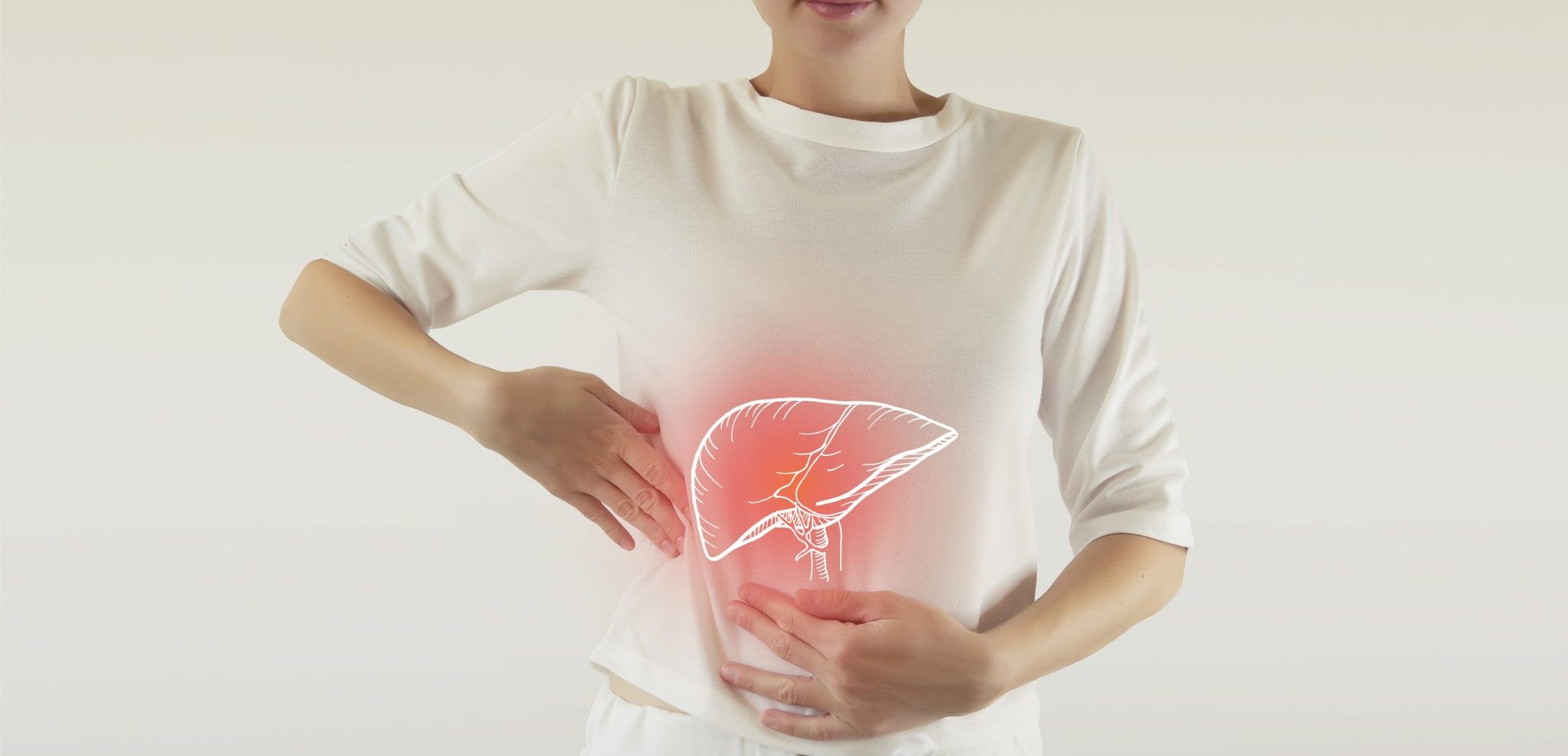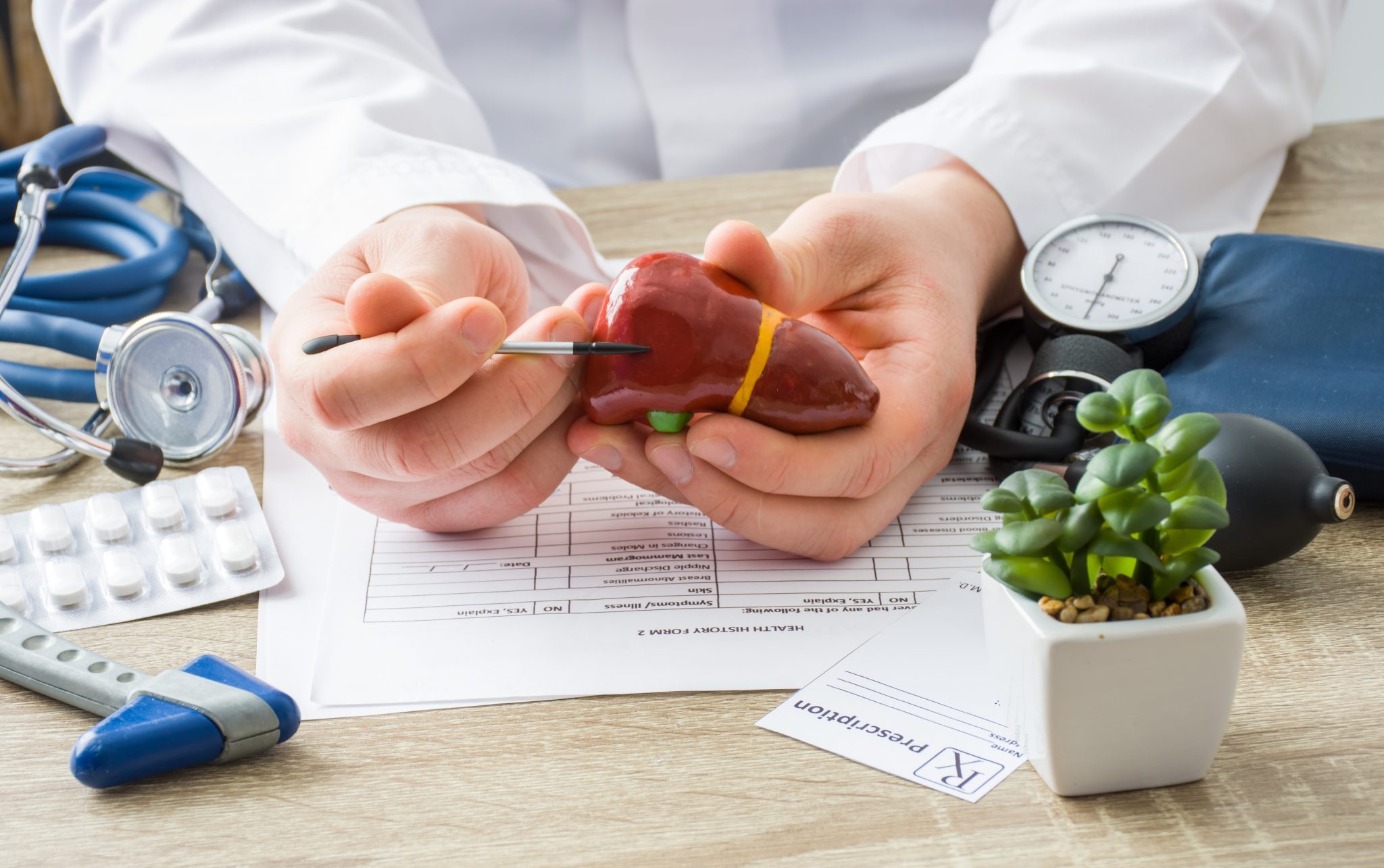More than 325 million people worldwide live with hepatitis today, 290 million are unaware they have it. The illness, which comes in hepatitis A, B, C, D and E, causes more deaths per year – 1.3. million – than HIV and AIDS, tuberculosis or malaria (WHA). So, why aren’t we talking about it more?
Hepatitis is perhaps not as infamous as the other world epidemics, but that doesn’t mean it’s not worth your attention. Keep reading to discover more on hepatitis and if you could be at risk.
What is hepatitis?
Hepatitis is an inflammation in the liver tissue of your body, causing it to function poorly or even fail in the long term. Generally, hepatitis is caused by a virus, something you have picked up via blood, low-quality water, or sex, however sometimes it can come from an autoimmune disease response, certain medications or illegal substances.
The type you have will largely influence how it is treated.
Hepatitis A
Hepatitis A is generally acquired by drinking contaminated water, sexual contact with someone with the virus or eating contaminated food. Each year there are 1.4 million cases worldwide.
Within 15 to 50 days after you contract hepatitis A, you may start to see symptoms such as flu-like pains, brown ruin, and jaundice (see below for more). Sometimes, especially in younger children, these might not be noted at all.
Usually, hepatitis A symptoms clear up on their own as it is a viral infection. The best way to prevent infection is by getting the Hepatitis A vaccine in advance.
Hepatitis B
This strain of the virus can cause organ failure, scarring and even cancer. It’s a bloodborne virus and is transmitted through bodily fluids such as semen or blood, sharing needles, and from mother to child.
If you have Hepatitis B, you may notice the usual symptoms of a hepatitis infection or no symptoms at all. So, best get to the doctor as soon as you can and seek treatment; alternatively, a vaccine is available that prevents against infection.
Hepatitis C
Hepatitis C is a bloodborne virus that can be acquired through sex with an infected person, or through blood – sharing needles, unsafe medical practices, etc. It’s a hidden disease with approximately 80% of people not showing any symptoms.
Each year around 400,000 people die from Hepatitis C. In spite of these scary statistics, treatment is available, and if caught 95% show improvement with antiviral medications.
Hepatitis D
If you have Hepatitis D, you’ll also have Hepatitis B. The disease requires the latter to replicate and creates a super-infection in your body. Approximately 15-20 million people are infected worldwide.
This is the most severe strain of hepatitis and is transmitted by blood and bodily fluids. If you suspect you have the virus, your doctor will order tests and prescribe the appropriate medications.
Hepatitis E
Transmitted through infected food and contaminated water, Hepatitis E is most prevalent in East and SouthEast Asia, but infections occur globally. WHO estimates that each year, there are 20 million infections worldwide.
Symptoms can include fever, a rash, weight loss, and jaundice. Treatment is in development; however, current recommendations state that for most cases, the disease should run its course, with the exception of the immunocompromised.
Should you get tested?
If you have hepatitis, you might notice some of the following symptoms:
- Continuous exhaustion or fatigue
- Dark brown/brownish urine
- Pale-colored bowel movement (stool)
- Flu-like symptoms
- Loss of weight and/or appetite
- Pain in your abdominal area
- Yellowing of the eyes (jaundice)
Conversely, you might notice no symptoms at all unless the disease has progressed. So, if you’re thinking, “Do I need to get tested for hepatitis?” here’s what you should consider:
- Have you had unprotected sex?
- Do you live/have you lived in an area with a high hepatitis prevalence?
- Have you ever illegally injected drugs?
- Have you ever gotten a tattoo, piercing, or beauty procedure (nails, etc.) in a place that was less than hygienic?
- Did you have a surgery, blood transfusion, organ, or tissue transplant?
If you answered yes to any of the above questions, you might want to consider getting tested, especially if you are experiencing any symptoms.
Liver health
Your liver is a vital part of your system; it aids in cleaning your blood by removing toxins, creating bile, a liquid used to help your body break down and digest food effectively, and the management of carbohydrates which your body converts into glycogen to power your cells. All-in-all, it’s one handy organ.
Keeping your liver healthy is essential to your well-being. Here are our top tips for good liver health:
- Eat right. Foods high in salt, fat, and sugar cause your liver to work overtime. So be kind and monitor your diet. If you suffer from fatty liver disease, you might also consider a tailored diet high in fiber and vitamins.
- Cut down on your alcohol intake. Your liver is responsible for processing those after work, Friday night drinks, so to avoid some adverse side effects later down the line, ensure you don’t go overboard.
- Keep an eye on your liver. Prevention is better than cure, to make sure your body stays in working condition, keep an eye out for early signs of liver disease, and talk to your doctor immediately if you have any concerns.
Liver health matters – let’s raise awareness on World Hepatitis Day!





